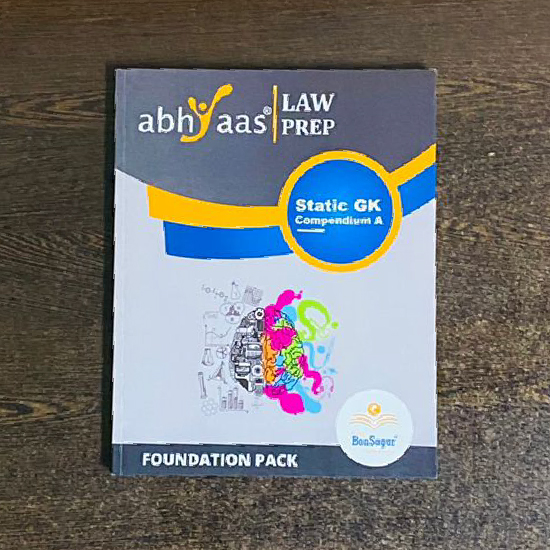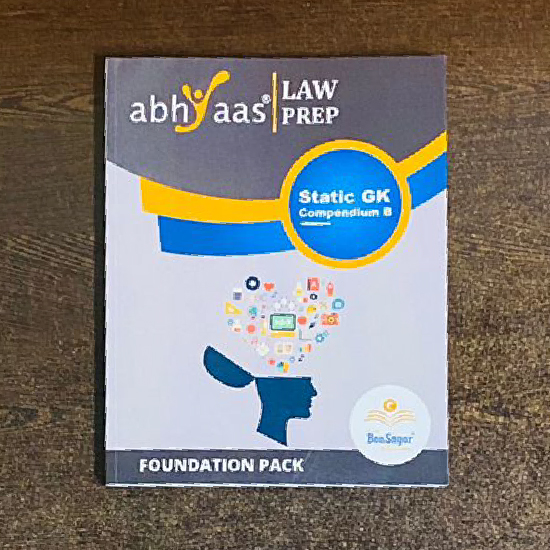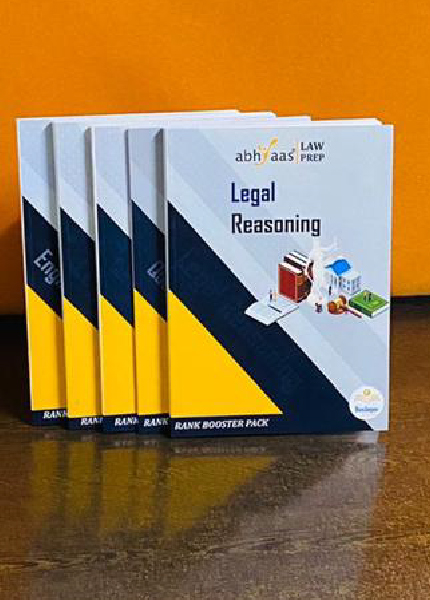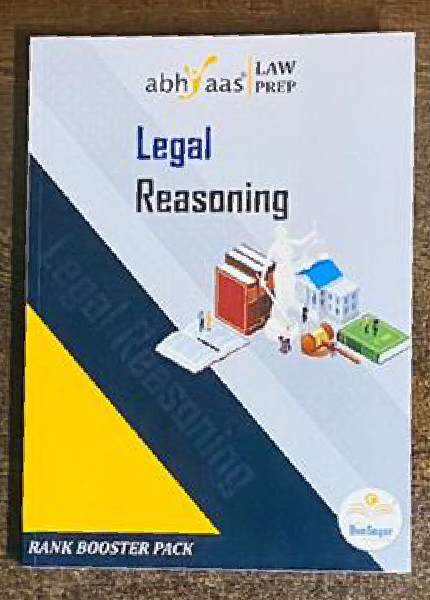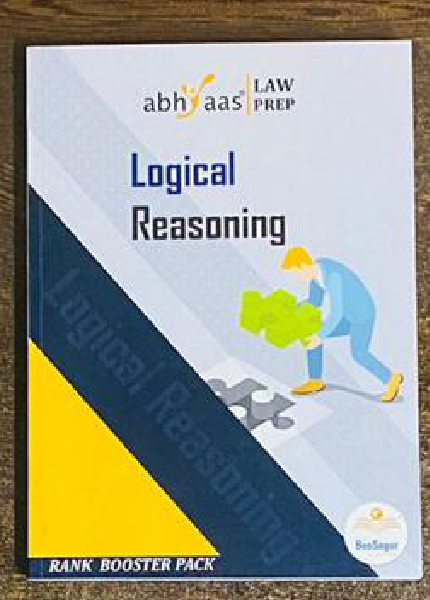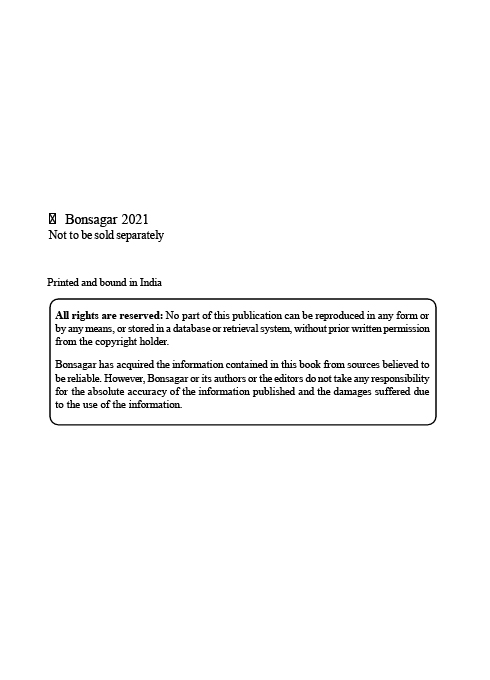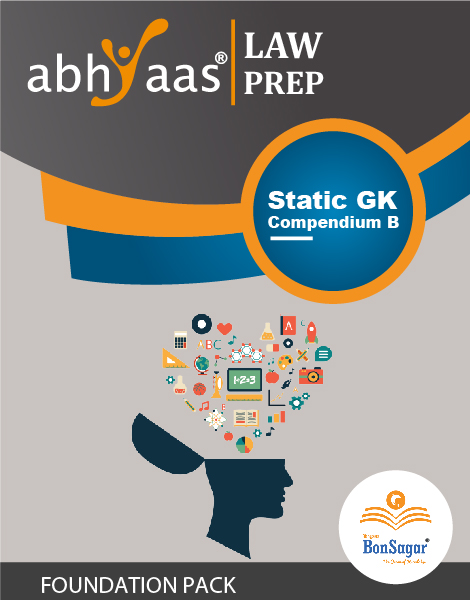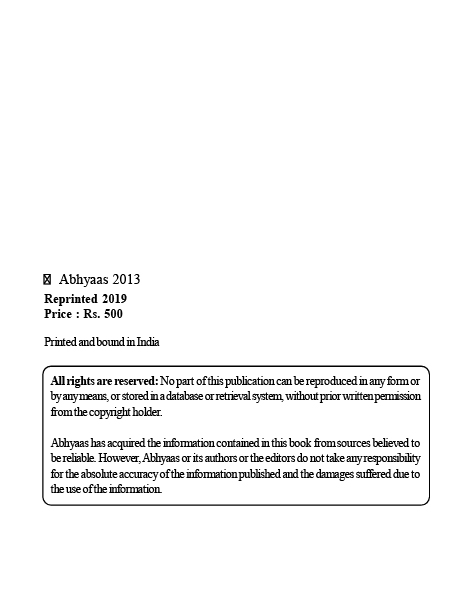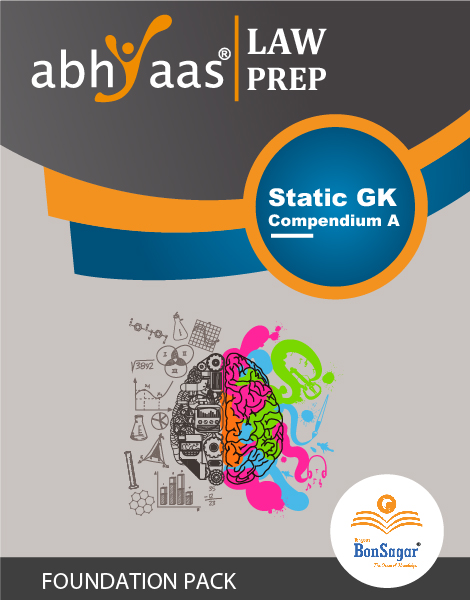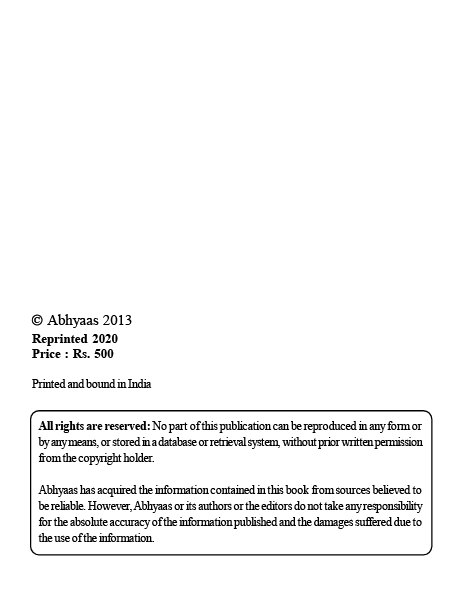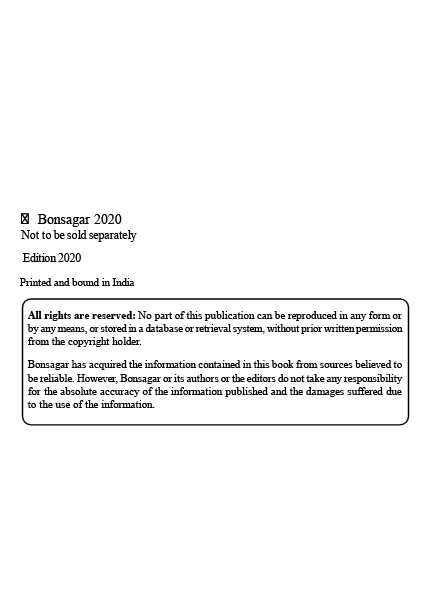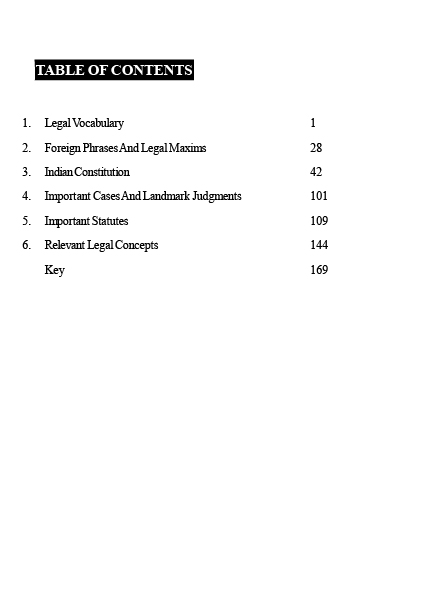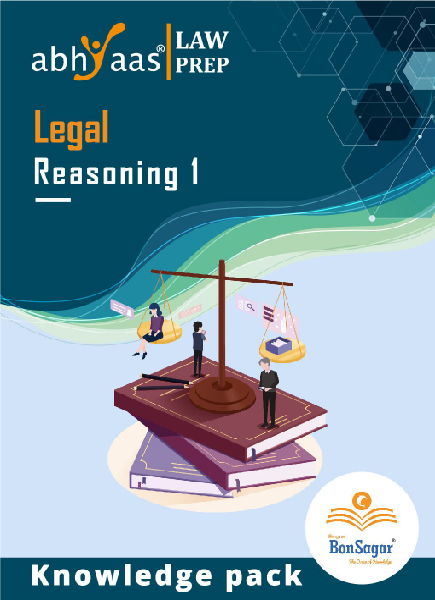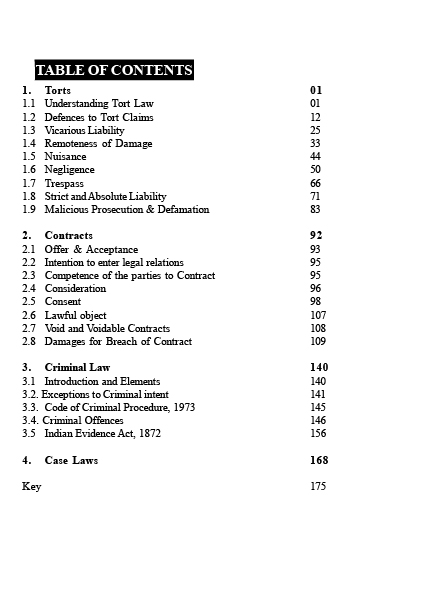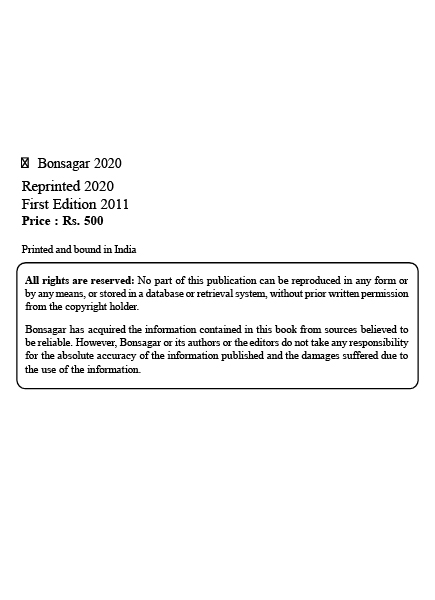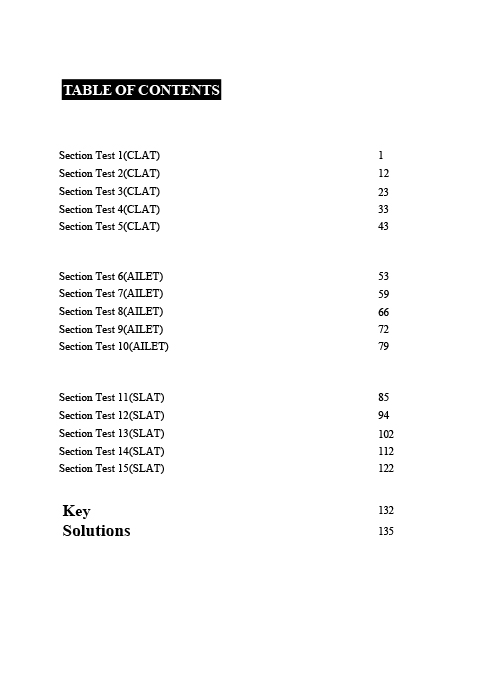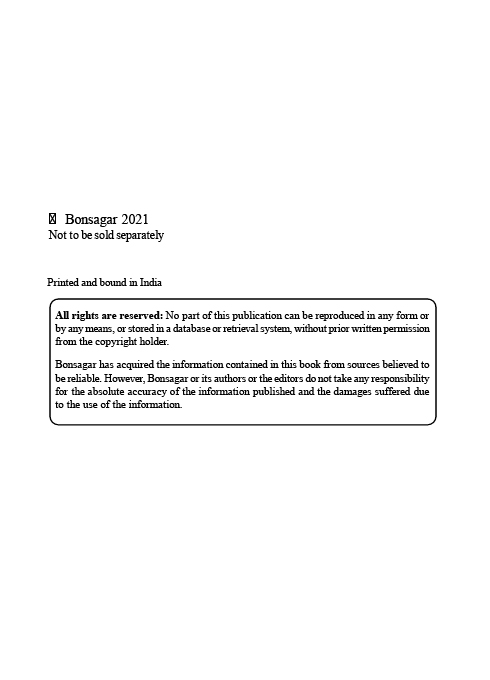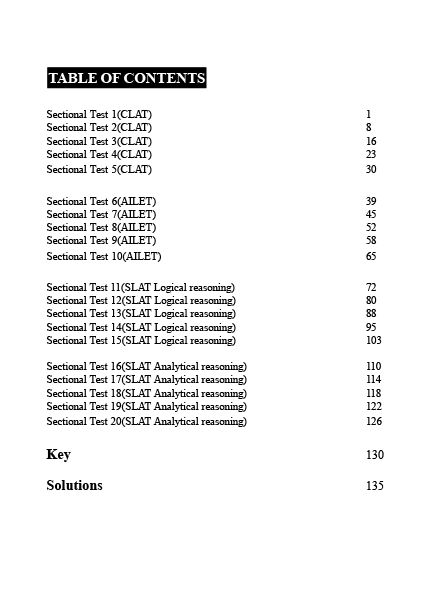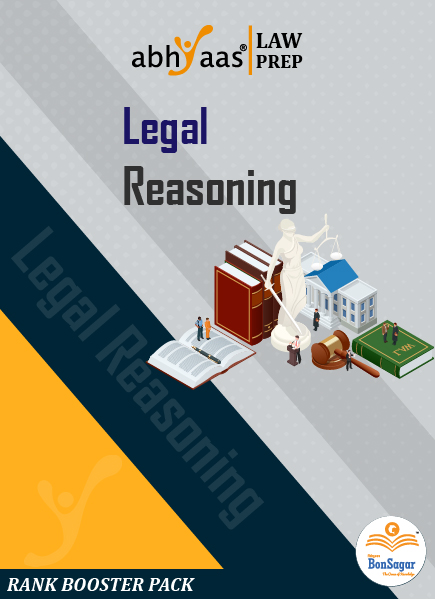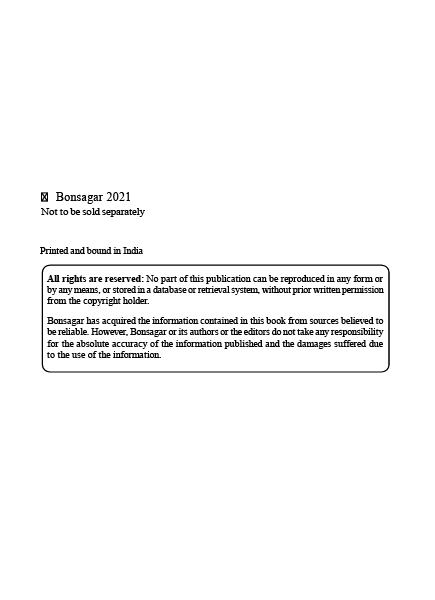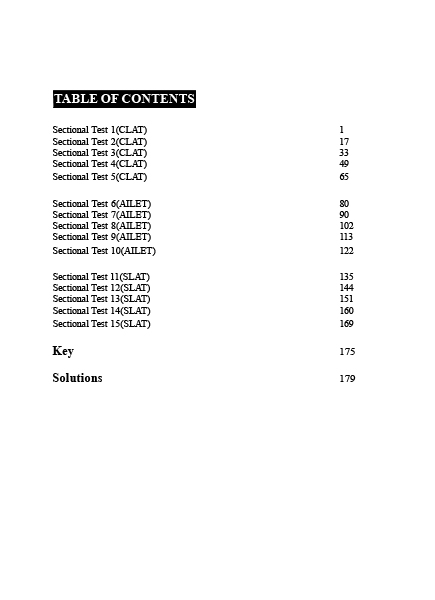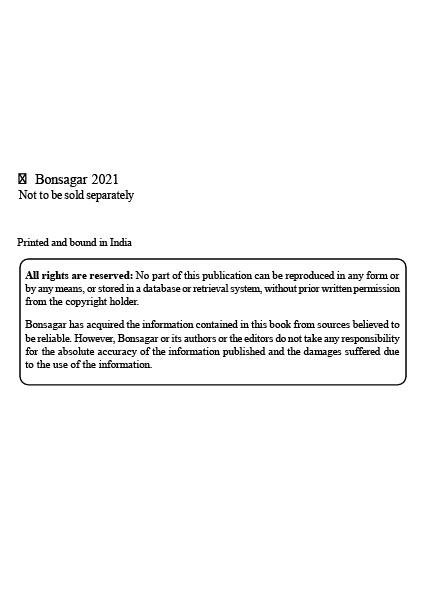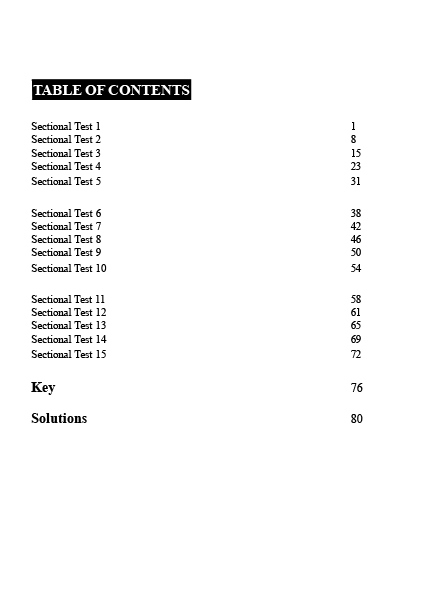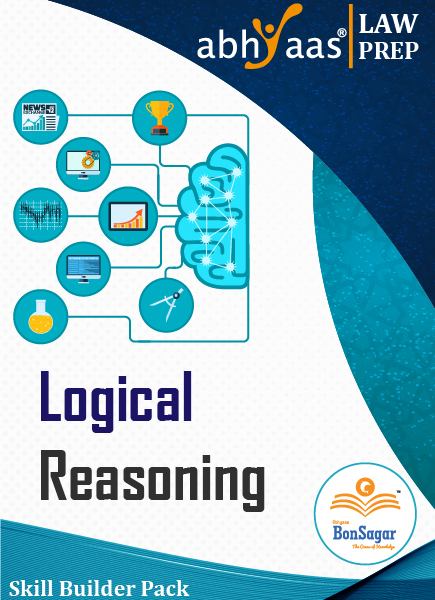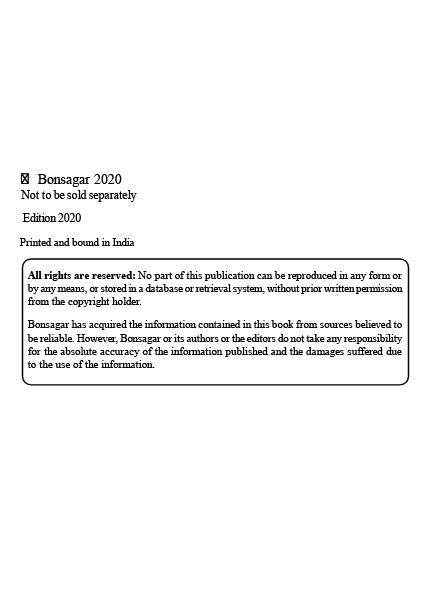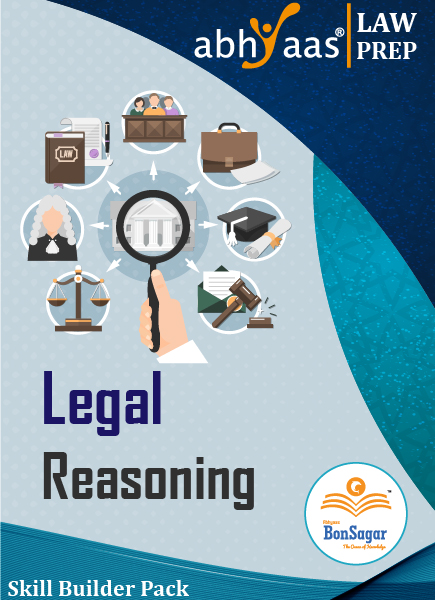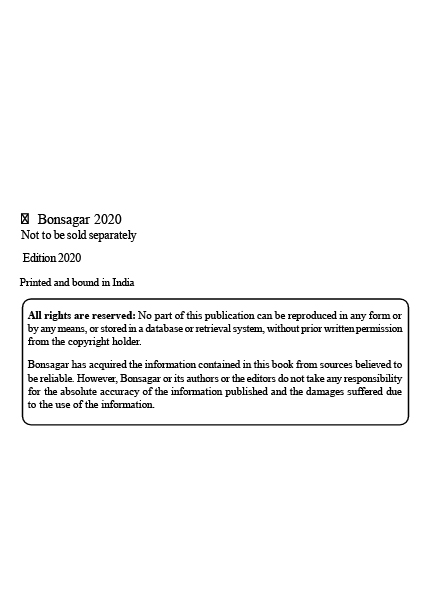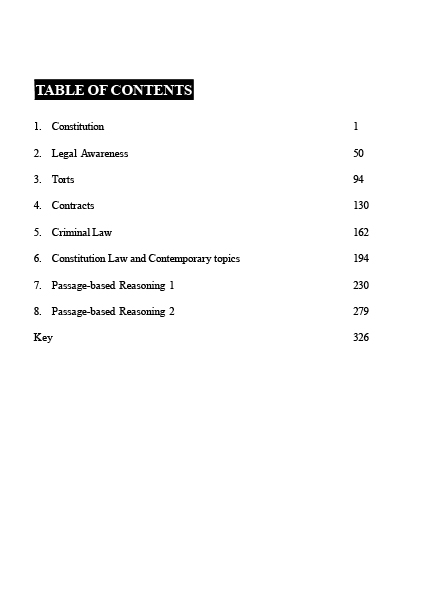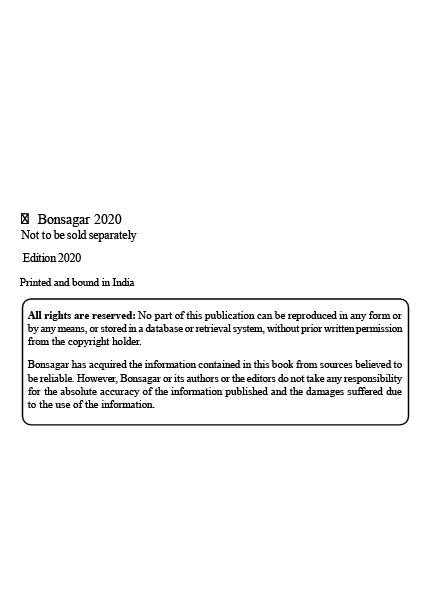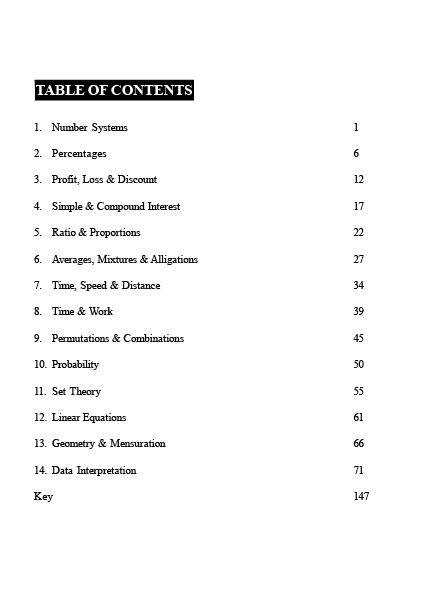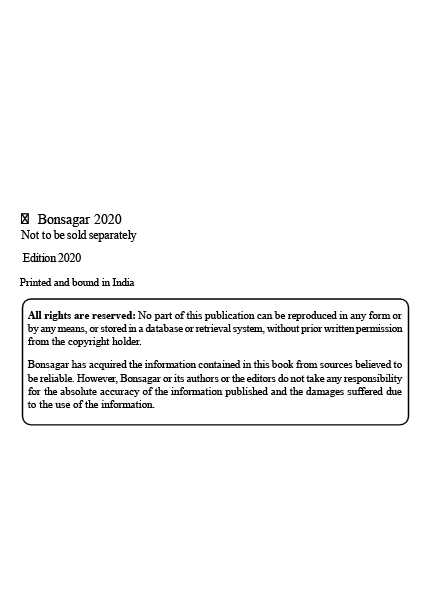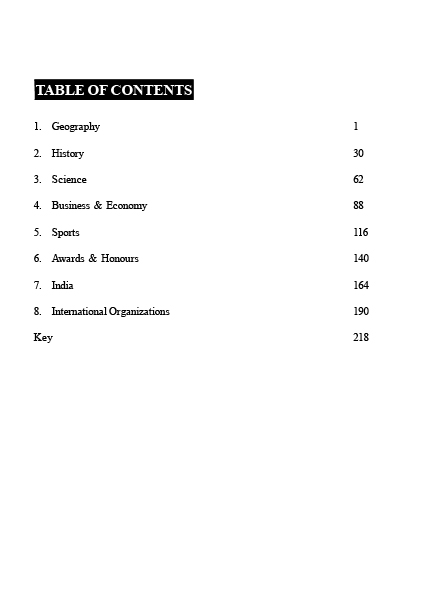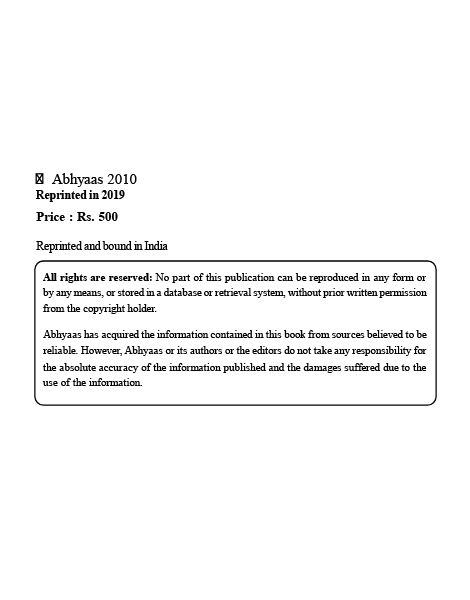
FUNDAMENTAL RIGHTS: EQUALITY BEFORE LAW
FUNDAMENTAL RIGHTS: EQUALITY BEFORE LAW
Each and every person must be treated with respect, equity, and equality, and fundamental rights serve as the cornerstone of any democracy. Equal protection under the law is one of the fundamental tenets of the Indian Constitution. Founded on the idea of fairness, this principle guarantees that everyone is subject to the same laws and is afforded the same level of legal protection, regardless of their socioeconomic rank, gender, religion, or background. The importance and ramifications of the principle of equality before the law as a basic right will be covered in detail in this article.
UNDERSTANDING EQUALITY BEFORE THE LAW:
Equality before the law states that no person, regardless of rank or power, is above the law and that everyone is equally subject to the rules of the nation. It makes ensuring that no one is arbitrarily given special treatment or privileges over others, and that everyone is treated equally by the legal system. This idea is strongly related to the idea of the Rule of Law, which holds that the law is ultimate and that it should rule over everyone, including the government. Equal protection under the law protects people against discrimination and arbitrary governmental acts, acting as a brake on the use of arbitrary authority.
THE IMPORTANCE OF EQUALITY BEFORE THE LAW:
In a democratic society, equality before the law is of utmost importance. It promotes a feeling of justice, fairness, and inclusion, all of which are necessary for a just legal system to operate. Here are several major justifications supporting the necessity of equality before the law:
- Equality before the law ensures protection from discrimination that is based on a person’s caste, religion, race, gender, or economic position. It fosters social cohesiveness and defends the rights of society’s most vulnerable and marginalised groups.
- Equal justice under the law guarantees that justice is carried out fairly and impartially. No of their origin or position, it maintains the idea that everyone has a right to a fair trial and equal access to justice.
- Equal protection under the law is a key component of the Rule of Law, which is essential to a democratic society. It makes ensuring that the legal system functions predictably and consistently, giving citizens trust and shielding them from arbitrary action.
- Promotion of social cohesiveness: Treating everyone equally, regardless of differences, equality before the law fosters social cohesion. It prevents divisiveness and promotes a feeling of harmony among all facets of society.
- Protecting individual liberty: Individual liberties are protected by equality before the law. It guarantees that everyone is governed by the same set of laws and prohibits the state from infringing upon citizens’ rights and liberties.
IMPLEMENTATION ISSUES AND CHALLENGES:
While equality before the law is a basic principle, achieving it effectively is fraught with difficulties. The prevalence of social, economic, and cultural inequalities, which frequently obstruct equal access to justice, is one of the major obstacles. There is still discrimination in society on the basis of caste, religion, gender, and economic standing, which results in unfair treatment under the law.
The accessibility of legal systems for all people, particularly those from poor backgrounds, must also be ensured. Equal access to justice is hampered by a lack of knowledge of legal rights, poor legal assistance, and complicated legal procedures.
Several steps can be made to alleviate these problems. First and foremost, it is crucial to encourage legal literacy among the populace in order to guarantee that they are aware of their rights and can claim them successfully. Campaigns to raise awareness, legal assistance programmes, and educational activities can help with this.
A focus on closing the social and economic divides that obstruct equitable access to justice should also be made. To achieve equality before the law, it is imperative that legal assistance be made available for free or at a reasonable cost, that legal processes be made simpler, and that all societal groups are well represented in the legal system and in the court.
Additionally, it is crucial for the courts and law enforcement to take a proactive and watchful approach to maintaining equality and avoiding prejudice. It is possible to reduce biases and prejudices by strictly enforcing anti-discrimination legislation and providing law enforcement personnel with sensitivity training.
THE SIGNIFICANCE OF EQUALITY BEFORE LAW
Importance of equality before the law in advancing a just and equitable society cannot be overstated. The following are some of its most important implications:
- Equality before the law serves as a defence against arbitrary actions by individuals in positions of authority. It stops discrimination and guarantees that everyone is treated impartially and fairly. It establishes an environment of equality where justice is unbiased and unaffected by individual or social prejudices.
- The right of everyone to access the court system is guaranteed by the concept of equality before the law, regardless of their background or status. It ensures that everyone has access to legal remedies without restriction or prejudice. This factor is essential for ensuring that disadvantaged and marginalised groups in society may seek justice and defend their rights.
- Laws are enforced fairly when there is equality before the law, which guarantees that everyone receives the same treatment under the law. It stops laws from being selectively or unfairly enforced, and it supports the legal system’s stability and predictability. Unbiased application of the law promotes public confidence in the legal system.
- Protection of Human Rights: The protection of human rights and equality before the law go hand in hand. It guarantees that people won’t experience arbitrary detentions, arrests, or other violations of their rights. It maintains the idea that everyone is entitled to the same fundamental freedoms and rights without any exceptions.
In a just and democratic society, the idea of equality before the law is fundamental. It makes sure that within the law, everyone is treated equally, fairly, and with respect. Societies may eliminate prejudice, foster social cohesion, and protect individual liberty by respecting this basic principle. But for equality before the law to be effectively implemented, everyone must work together. This includes enacting legislative changes, running public awareness campaigns, and taking steps to reduce socioeconomic inequalities. We can create a society that promotes the ideals of justice, inclusion, and equal rights for everyone by consistently working towards attaining equality before the law.







